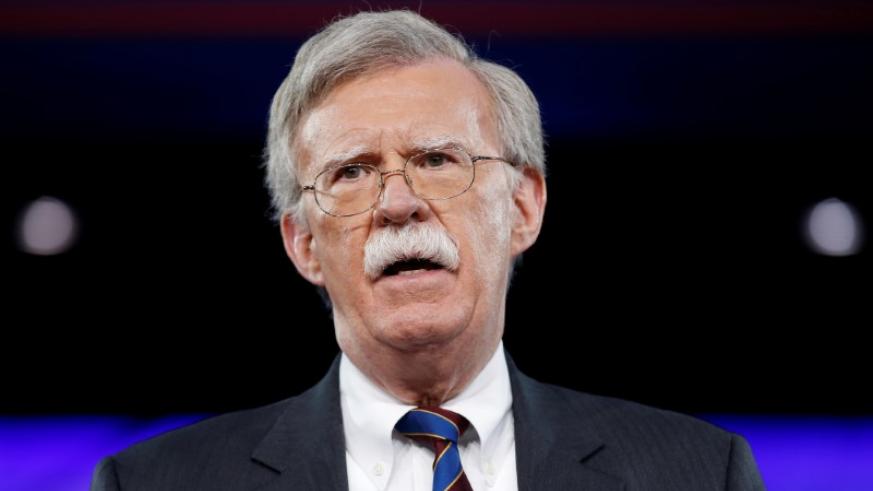President Trump’s appointment of John Bolton as national security adviser has been met with alarm. “We’re all going to die,” is how national-security expert Colin Kahl greeted the prospect on Twitter weeks ago. “It’s time to panic,” is how Slate writer Ted Kaplan addressed the news that Bolton’s gig was a done deal.
The reason for the increase in the nation’s Xanax stockpile: Bolton has expressed radically hawkish views, at times advocating for military action as an initial response to conflict — before and instead of diplomacy. The most-cited example is his pitch to solve the conflict with North Korea — a knife’s-edge situation which nearly all military experts say has no good military solution — with a first strike. He outlined this in a Wall Street Journal piece titled “The Legal Case for Striking North Korea First.”
Here is a rundown of places where Bolton advocates bombing first and asking questions later.
1. North Korea
“The threat is imminent, and the case against pre-emption rests on the misinterpretation of a standard that derives from prenuclear, pre-ballistic-missile times,” he wrote in the Wall Street Journal. “Given the gaps in US intelligence about North Korea, we should not wait until the very last minute. That would risk striking after the North has deliverable nuclear weapons, a much more dangerous situation. It is perfectly legitimate for the United States to respond to the current ‘necessity’ posed by North Korea’s nuclear weapons by striking first.”
2. Iran
In 2015, Bolton wrote a piece for the “New York Times” titled, “To Stop Iran’s Bomb, Bomb Iran.” “The inescapable conclusion is that Iran will not negotiate away its nuclear program. Nor will sanctions block its building a broad and deep weapons infrastructure… An attack need not destroy all of Iran’s nuclear infrastructure, but by breaking key links in the nuclear-fuel cycle, it could set back its program by three to five years. The United States could do a thorough job of destruction…Time is terribly short, but a strike can still succeed.”
Three months later, Secretary of State John Kerry negotiated the Iran non-proliferation agreement, in which the country agreed to pause its weapons-development program for 15 years and reduce its stockpile of enriched uranium by 98 percent.
3. Iraq
Bolton stands nearly alone in his continued defense of the U.S. decision to go to war in Iraq, even though it has long been established that decision was based on a false premise: there were no weapons of mass destruction. The action also destabilized the region. But if it were up to Bolton, we would still be there, bombing away if necessary. “”I still think the decision to overthrow Saddam was correct,” he told the Washington Examiner in 2015. “I think decisions made after that decision were wrong, although I think the worst decision made after that was the 2011 decision to withdraw U.S. and coalition forces. The people who say, oh things would have been much better if you didn’t overthrow Saddam miss the point that today’s Middle East does not flow totally and unchangeably from the decision to overthrow Saddam alone.”
4. Syria
In a Mar. 7 Fox News interview, when Bolton was asked whether the U.S. is moving “toward a conflict with Iran and Russia in Syria,” he said, “I think that’s one possibility.” Five days later, he reappeared on the network and said the U.S. and France might be readying more airstrikes in the region. “It may come to that,” said Bolton, “and it would be justified, in my view, as the president’s first airstrike was.”
5. Russia, possibly
In a Mar. 1 interview on Fox News, Bolton responded to the report that Russia is developing nuclear weapons that could overcome the U.S. missile defense system. “I think this is a further effort to see whether the Trump administration will push back. And I think it needs to, he said. “I think there needs to be a strategic response to this, to help give confidence to our friends in Europe and around the world, that we’re not going to put up with this kind of Russian effort. I don’t think it’s a new Cold War, but I do think it’s Vladimir Putin trying to reassert Russian predominance in Eastern Europe — Eastern and Central Europe — in the space of the former Soviet Union.”






















